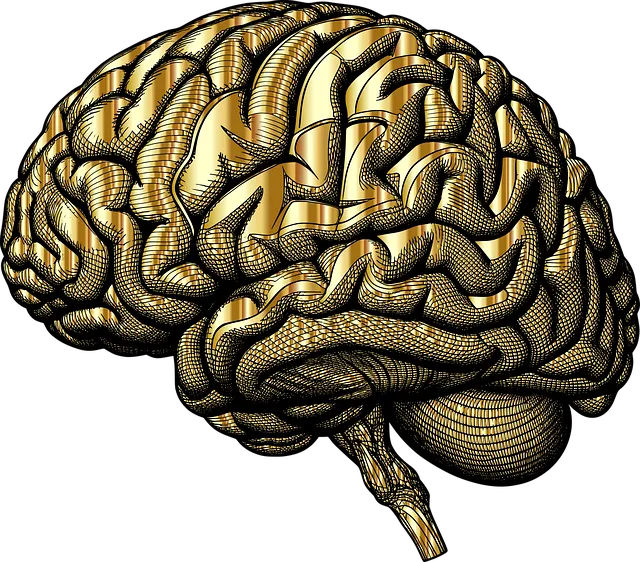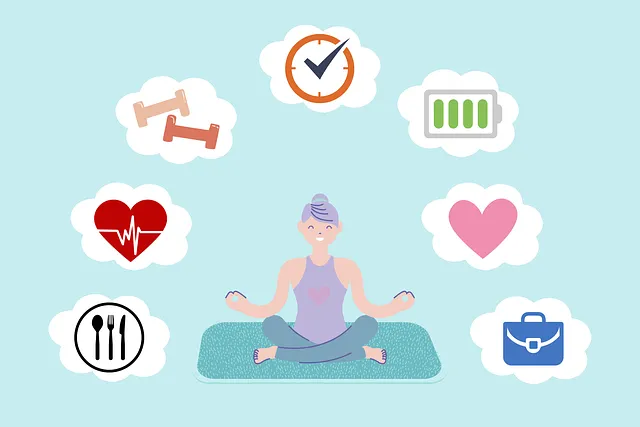The Littleton Kaiser Permanente mental health center employs a multi-faceted evaluation process for its mental wellness programs, encompassing surveys, interviews, data analysis, and personalized coaching. Effective communication, emotional intelligence, and burnout assessments are key strategies to understand patient needs and preferences. Visiting hours are strategically designed to enhance client engagement, allowing direct observation and interaction, while gathering qualitative feedback from both clients and visitors. This holistic approach ensures tailored interventions, improving anxiety relief and overall well-being, with continuous adjustments based on collected data.
Evaluating mental wellness programs is paramount to ensuring their effectiveness. This article explores comprehensive evaluation methods, highlighting best practices from the Littleton Kaiser Permanente Mental Health Center. We delve into specific techniques used to assess program success, focusing on unique aspects like visiting hours and client engagement, which play a crucial role in overall center performance. By examining data collection strategies, healthcare professionals can gain insights for enhancing mental health services, fostering positive outcomes for patients at centers like Littleton Kaiser Permanente.
- Understanding Mental Wellness Program Evaluation
- Methods for Assessing Program Effectiveness at Littleton Kaiser Permanente Mental Health Center
- Visiting Hours and Client Engagement: A Critical Aspect of Evaluation
- Data Collection Techniques for Comprehensive Program Review
Understanding Mental Wellness Program Evaluation

Mental wellness program evaluation is a crucial process that involves systematically assessing the effectiveness and impact of mental health interventions. At centers like the Littleton Kaiser Permanente mental health center, understanding this evaluation method is essential for measuring success, identifying areas for improvement, and ensuring optimal patient care. By employing various techniques, such as surveys, interviews, and data analysis, mental health professionals can gain valuable insights into program outcomes and participant experiences.
Effective evaluation methods, including communication strategies and emotional intelligence, play a significant role in understanding user needs and preferences. Additionally, focusing on burnout prevention through regular assessments enables mental health centers to foster sustainable practices. These strategies not only enhance the quality of care but also promote long-term well-being for both patients and practitioners, ultimately contributing to the success and sustainability of mental wellness programs.
Methods for Assessing Program Effectiveness at Littleton Kaiser Permanente Mental Health Center

At the Littleton Kaiser Permanente Mental Health Center, evaluating the effectiveness of mental wellness programs involves a multi-faceted approach. One key method is through patient satisfaction surveys, which gather direct feedback from individuals who have participated in various services, including therapy sessions and support groups. These surveys assess not only their overall experience but also the perceived benefits and impact on their mental health status. Additionally, tracking patient outcomes over time, such as measuring changes in symptoms or functional abilities, provides tangible evidence of program success.
Another powerful tool is the implementation of Mental Wellness Coaching Programs Development, which focuses on fostering personalized growth. By integrating Mind Over Matter Principles, these programs encourage individuals to develop resilience and coping strategies. The effectiveness of these coaching sessions is evaluated through pre-post assessments, comparing improvements in mental wellness metrics. Furthermore, communication strategies play a crucial role; regular check-ins with patients allow for continuous feedback and adjustments, ensuring that the center’s services remain aligned with individual needs.
Visiting Hours and Client Engagement: A Critical Aspect of Evaluation

At the Littleton Kaiser Permanente mental health center, visiting hours play a crucial role in client engagement and program evaluation. These scheduled times allow for meaningful interactions between patients and their support networks, fostering open communication that’s essential for mental wellness. Visitors can provide emotional support, offer insights into clients’ progress, and assist in stress management techniques like mindfulness exercises or anxiety relief strategies.
Regular visiting hours also facilitate the collection of qualitative data through discussions with both clients and visitors. This information is invaluable for assessing the impact of programs aimed at improving stress management workshops organized by the center. By understanding client engagement during these visits, mental health professionals can tailor interventions to better address individuals’ needs, ensuring a more effective and holistic approach to anxiety relief and overall wellness.
Data Collection Techniques for Comprehensive Program Review

Evaluating mental wellness programs requires a robust data collection process to gain an all-encompassing view of their effectiveness. At the Littleton Kaiser Permanente mental health center, visiting hours are strategically scheduled to facilitate detailed observation and interaction with participants. This hands-on approach allows for the direct measurement of program impact on individuals’ emotional states, engagement levels, and overall satisfaction.
Beyond observation, various data collection techniques are employed, such as surveys, interviews, and feedback forms. These tools capture quantitative and qualitative insights, respectively, enabling a comprehensive review of each program’s strengths and areas needing improvement. By integrating these methods, mental wellness coaching programs development can be tailored to address specific needs, ultimately enhancing anxiety relief and boosting confidence among participants.
Evaluating mental wellness programs is essential for ensuring their effectiveness, and the methods discussed in this article provide a comprehensive framework. By employing diverse assessment techniques, such as data collection during visiting hours at the Littleton Kaiser Permanente Mental Health Center, we can gain valuable insights into program success. Engaging clients and utilizing various data sources enable us to navigate the complexities of mental health care evaluation, ultimately fostering improved services at institutions like the Littleton Kaiser Permanente mental health center, focusing on visiting hours engagement.



